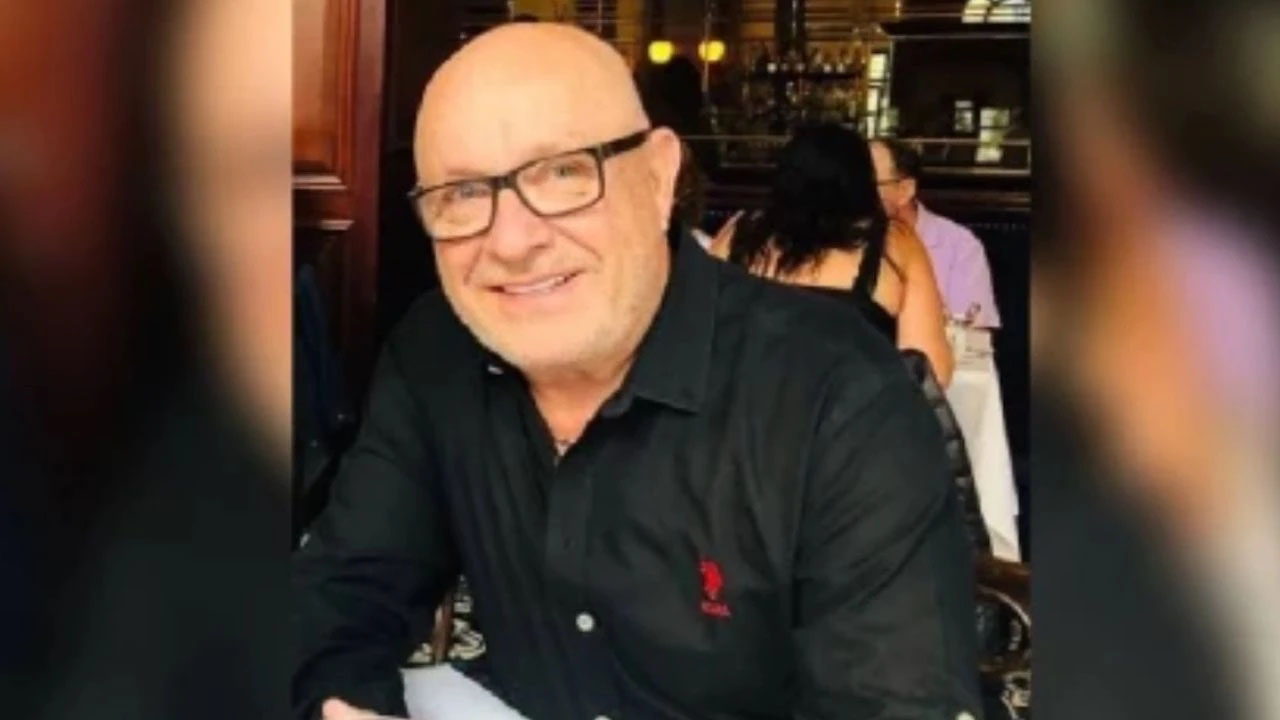The lawyers of Israeli property developer Simon Mistriel Aykut, who stands accused of having developed and sold €43 million worth of property on Greek Cypriot land in the north, objected to the case against him on Friday, saying they do not believe he will receive a fair trial.
Aykut’s lawyer Maria Neophytou said her client will not receive a fair trial as it is impossible to summon witnesses who live in the north to a court in the Republic.
“We will have to summon witnesses, but this is objectively impossible. The court knows that witness subpoenas cannot be issued to individuals living in the occupied territories,” she said.
She argued that Aykut has stated “since the beginning” that he was not involved in the purchase or sale of property, but that “his son did everything”.
“We must provide testimony as to where the land was purchased, by whom it was sold, who appears in the purchase and sale documents, and which lawyers prepared them,” she said.
However, she said, this is not possible, as “the police are not in a position to investigate the allegations against the defendant as they cannot go to the occupied territories for depositions, nor obtain material from the Immovable Property Commission.”
She also said there can be no transfer of information from the Turkish Cypriot police nor from the north’s companies register as the court recognises neither institution.
Additionally, she said that anyone who comes from the north with any suspicion that they have bought or sold land is arrested, offering up a list of would-be witnesses from whom Aykut’s company had purchased property.
“We want to summon them. There is no way. We want to summon the people who sold the land, the people who bought the land, the people who built what was built to say that they did not take instructions from the accused,” she said.
She also said there is no up-to-date information as regards property ownership in the north, as “temporary title deeds” have been handed out by mukhtars-in-exile “based on descriptions such as, ‘I remember my house 500 metres from the sea next to the road’”.
On the matter of the Immovable Property Commission (IPC), she said that while people on the community may be willing to testify, they are unable to disclose who was compensated for what as it is “personal data”, unless the police are willing to take measures on the matter.
However, given that the police do not recognise the IPC, they will not ask questions of its members, and this, Neophytou said, is a “vicious circle”.
She also said that given that Cyprus is a small country, “everyone has a relative with property in the occupied territories, which could lead to the court being influenced”.
Prosecution lawyer Andreas Aristides argued that according to Cypriot law, it is typically examined after the fact whether a trial is fair or not, so that the court has all the evidence before it when making such a decision.
“The defence is asking right now that a ruling is made before we know what the prosecution’s testimony will be. How can the court at this stage decide whether there is essential evidence that the accused cannot provide?” he asked.
He added that the defence’s belief that it will not be able to summon witnesses is “premature, theoretical, and unsupported”, and that it would be “unthinkable” for a witness to not be able to attend court in case they were prosecuted themself.
“The fact that an accomplice refuses to testify does not make the trial unfair and cannot lead to the termination of the procedure. This would set a dangerous precedent,” he said.
He added, “if we arrest a defendant for any crime and his accomplices flee abroad, the defendant will be able to say he is not guilty of anything, and the witnesses cannot come to testify because you will arrest them”.
On the matter of the IPC, he said the fact that Greek Cypriot owners of property may have been paid financial compensation “does not mean the property was not fraudulently exploited”.
“When there is sufficient evidence, the public interest requires the prosecution of wrongdoers and the trial of a case based on fair trial principles. The accused must be tried on the indictment and any issues that arise regarding the difficulty of the defence must ultimately be decided on the basis of all the testimonies,” he said.
Judge Christiana Parpotta said the court will issue a decision on the objection on December 20. Until then, Aykut will remain in custody.
Earlier, the court had thrown out objections made by the defence that the Republic of Cyprus does not have the authority to hold the trial, with Parpotta at the time describing the defence’s position on the matter as “unfounded”.
Aykut was arrested in June while attempting to cross from the north to the Republic.
He is the founder of the Afik Group, which has carried out various construction projects in Trikomo, many of which are believed to be on Greek Cypriot land.







Click here to change your cookie preferences